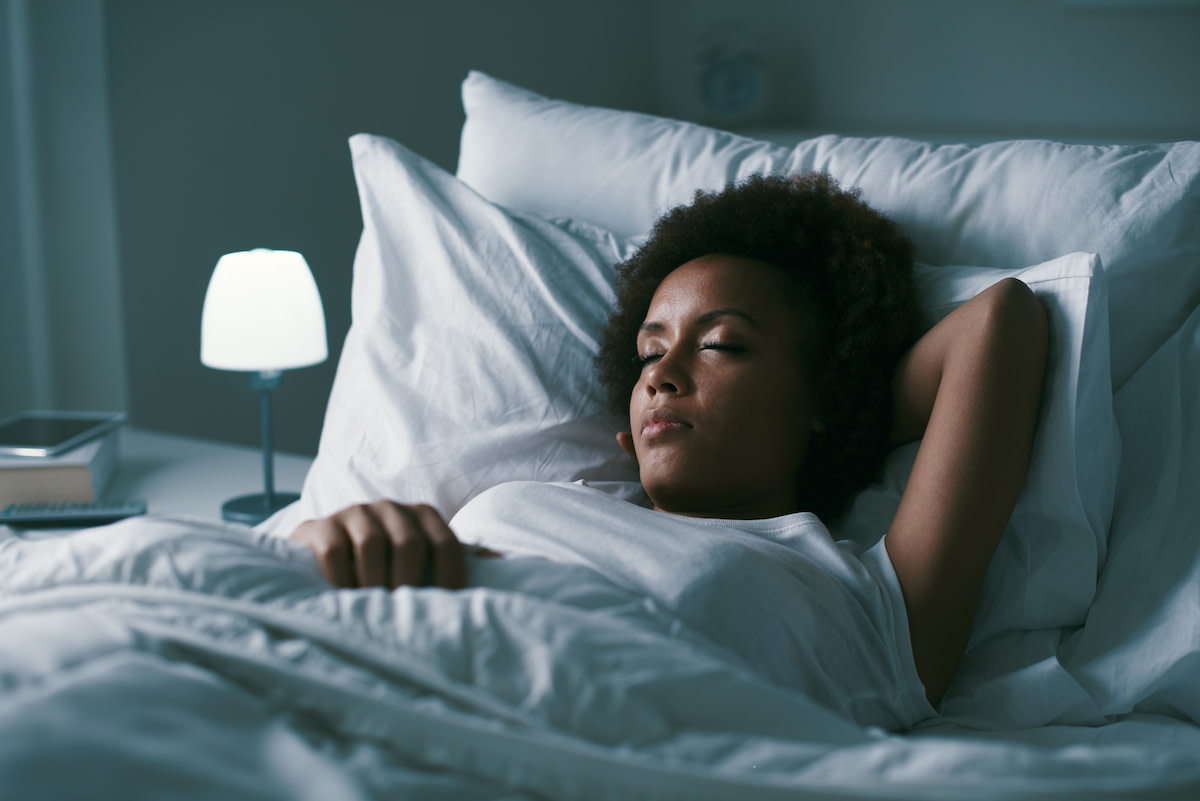Understanding Bruxism: Symptoms and Causes of Bruxism
Written by MasterClass
Last updated: Jun 7, 2021 • 4 min read
Bruxism, or teeth grinding, can result in chronic pain and significant damage to your teeth and jaw pain. Identifying the symptoms and causes of bruxism is the first step in relieving the discomfort, for which there are several treatments.
Learn From the Best
What Is Bruxism?
Bruxism is a movement disorder that causes excessive teeth grinding and jaw clenching. There are two forms of bruxism: awake bruxism (grinding and clenching during the day) and nocturnal bruxism (grinding and clenching that happens at night). Though both forms involve teeth grinding and clenching, there is a greater prevalence of awake bruxism. According to a review in the National Library of Medicine, bruxism affects more children than adults (eight percent of middle-aged adults and three percent of older adults reportedly exhibit bruxism symptoms).
Bruxism causes the jaw muscles to regularly and repeatedly clench, which causes grinding and gnashing movements that look and sound like chewing, but with a much greater impact. Nocturnal bruxism (also known as sleep bruxism) usually happens early in the sleep cycle, in episodes rather than throughout the night. The grinding may partially or entirely wake up the sleeper, but most become aware of their condition through their sleeping partners, who can be kept awake by the tapping and grinding sounds.
4 Symptoms of Bruxism
Here are the primary symptoms of bruxism:
- 1. Tooth wear: Attrition, or wear from tooth-to-tooth contact, is the most significant symptom of bruxism. Repetitive grinding and tapping can flatten the occlusal (biting) surface of the tooth and cause a host of problems, from tooth fractures and damage to crowns and fillings to soreness from inflammation of the ligament that connects the tooth to the jaw.
- 2. Hypersensitivity: Severe cases of bruxism can eventually wear through dentine layers and enamel that surround the dental pulp inside the teeth and cause hypersensitivity to cold liquids.
- 3. Sore jaw: The clenching and grinding of bruxism can cause temporomandibular joint dysfunction (TMD) or pain and tenderness in the temporomandibular joints (TMJ) that connect your jawbone to your skull. Typically, the pain may present as an earache in the front or inside of your ear. The excessive muscle activity related to bruxism can also lead to pain, tenderness, hypertrophy, or enlargement of the masseter (a muscle that runs through the jaw) and other muscles that help with chewing. Lockjaw, which restricts your ability to open your mouth fully, can also be a side effect of bruxism.
- 4. Headaches: Severe bruxism can cause headaches due to overuse of the temporalis muscle, which is linked to the temples and associated with chewing.
3 Potential Risk Factors Associated With Bruxism
While the exact cause of bruxism remains unknown, the following conditions and substances can contribute to its development:
- 1. Stress: Stress is among the main causes of both awake and sleep bruxism. Clenching your jaw or grinding your teeth is a common response to stressful or anxiety-causing life situations.
- 2. Central nervous system issues: Studies have found evidence of a connection between sleep bruxism (also known as nocturnal bruxism) and the central nervous system, especially regarding sleep disruptions. Sleep disorders, especially obstructive sleep apnea, which can cause changes in heart and respiratory rates and muscle activity during the sleep cycle, have been linked to sleep bruxism. Gastroesophageal reflux (GERD), which can cause sleep arousal through excessive acid production, has also been cited as a cause. Other possible causes include excessive teeth brushing, hard food, or drinks with excessive acids, like fruit juice.
- 3. Prescription medication: Bruxism can be a potential side effect of certain prescription medications. Consult a medical professional for advice if you notice symptoms after starting a new medication.
How to Treat Bruxism
The treatment of bruxism begins by getting medical advice from a doctor or dentist who will examine the condition of your teeth and jaw muscles to determine if bruxism is the cause of your tooth wear. Here are a few treatment options for bruxism:
- Mouthguards: Occlusal splints, which are also called dental guards or night guards, are the most common bruxism treatment. These are hard or soft plastic mouthpieces that fit over the teeth in the upper and lower arch of the mouth, usually worn while sleeping to reduce sensitivity and muscle strain resulting from teeth grinding and jaw clenching.
- Stress reduction: Reducing your level of stress can also help to reduce the symptoms of bruxism. Maintaining or adhering to a routine exercise program and practicing good sleep hygiene can be beneficial. Cognitive-behavioral techniques to reframe negative thoughts that increase stress have also been shown to aid in reducing stress levels.
- Massage and facial exercises: Facial exercises, massage, and the use of hot compresses and ice may provide short-term relief from muscle pain. Your doctor may give you exercises to perform at home or refer you to a massage therapist or physical therapist.
- Botulinum toxin: Botulinum toxin is a neurotoxin that can partially paralyze muscles. This injectable neurotoxin has been used to relax the clenched jaw associated with bruxism. Consult a medical professional to discuss whether this treatment option is right for you.
Want to Learn More About Catching Those Elusive Zs?
Saw some of the best darn logs of your life with a MasterClass Annual Membership and exclusive instructional videos from Dr. Matthew Walker, the author of Why We Sleep and the founder-director of the Center for Human Sleep Science at the University of California, Berkeley. Between Matthew’s tips for optimal snoozing and info on discovering your body’s ideal rhythms, you’ll be sleeping more deeply in no time.
